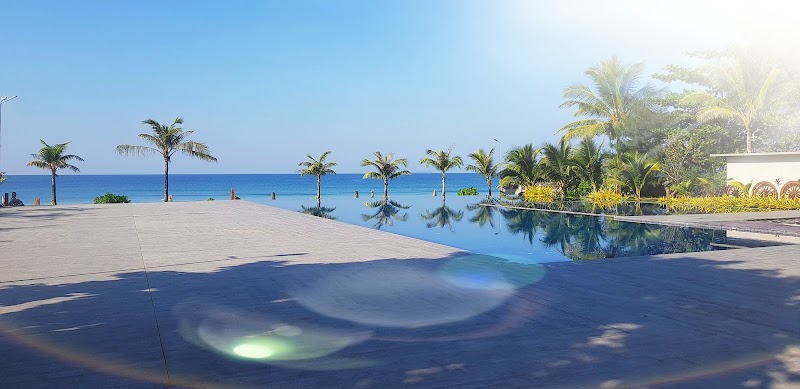
Ngwesaung Beach Conservation Zone Adventures
Ngwesaung Beach Conservation Zone is a protected coastal area famed for its pristine sandy beaches, vibrant marine life, and efforts to preserve its ecological integrity while offering visitors a tranquil seaside experience.
About Ngwesaung Beach Conservation Zone

Ngwesaung Beach Conservation Zone is located along Myanmar’s western coastline on the Bay of Bengal, within the Ayeyarwady Region. It encompasses a stretch of white sandy beaches, coastal forest habitats, and important marine environments. Established to protect the natural coastal ecosystems and biodiversity, the zone balances conservation efforts with sustainable tourism. The region supports a variety of flora and fauna, including mangrove forests and nesting grounds for sea turtles. The conservation area also shields fragile coral reefs and fish spawning grounds essential to local fisheries. Recreational opportunities in Ngwesaung include swimming, beachcombing, snorkeling, and birdwatching. Visitors appreciate the area's relatively undeveloped beaches compared to busier regional tourist sites, offering a peaceful setting for nature lovers and beach enthusiasts. The zone helps safeguard the local fishing communities' traditional livelihoods by maintaining a healthy marine ecosystem. Efforts focus on minimizing environmental impact through controlled visitor access, mangrove reforestation projects, and marine protection initiatives. Ngwesaung Beach Conservation Zone draws nature-oriented travelers interested in Southeast Asia's coastal biodiversity while providing educational insights into the delicate balance between human activity and habitat preservation. Its scenic beauty and conservation importance make it a key destination along Myanmar’s seldom-visited coastline.
Highlights
Expansive white sand beaches stretching over 15 kilometers
Mangrove forests serving as vital wildlife habitats and coastline protection
Sea turtle nesting sites monitored during breeding season
Snorkeling spots revealing vibrant coral reefs offshore
Notable Natural Features
Ngwesaung Beach
A largely undeveloped stretch of pure white sands and clear waters, ideal for swimming and relaxing away from crowded resorts.
Mangrove Forests
Critical coastal wetlands that support diverse bird populations and act as natural buffers against erosion and storms.
Sea Turtle Nesting Grounds
Protected zones on the beach where endangered sea turtles come ashore to lay eggs, monitored by conservation groups.
